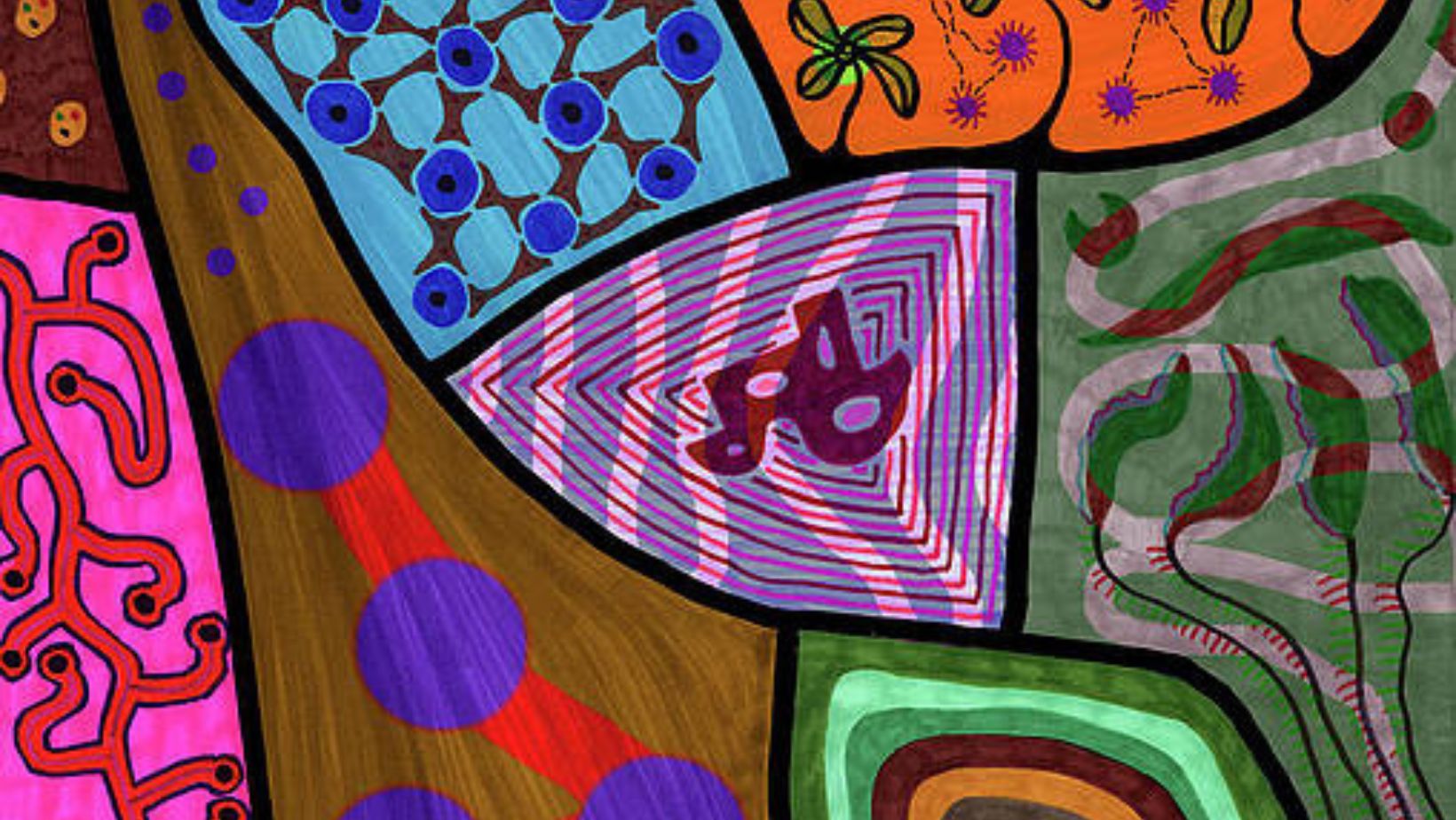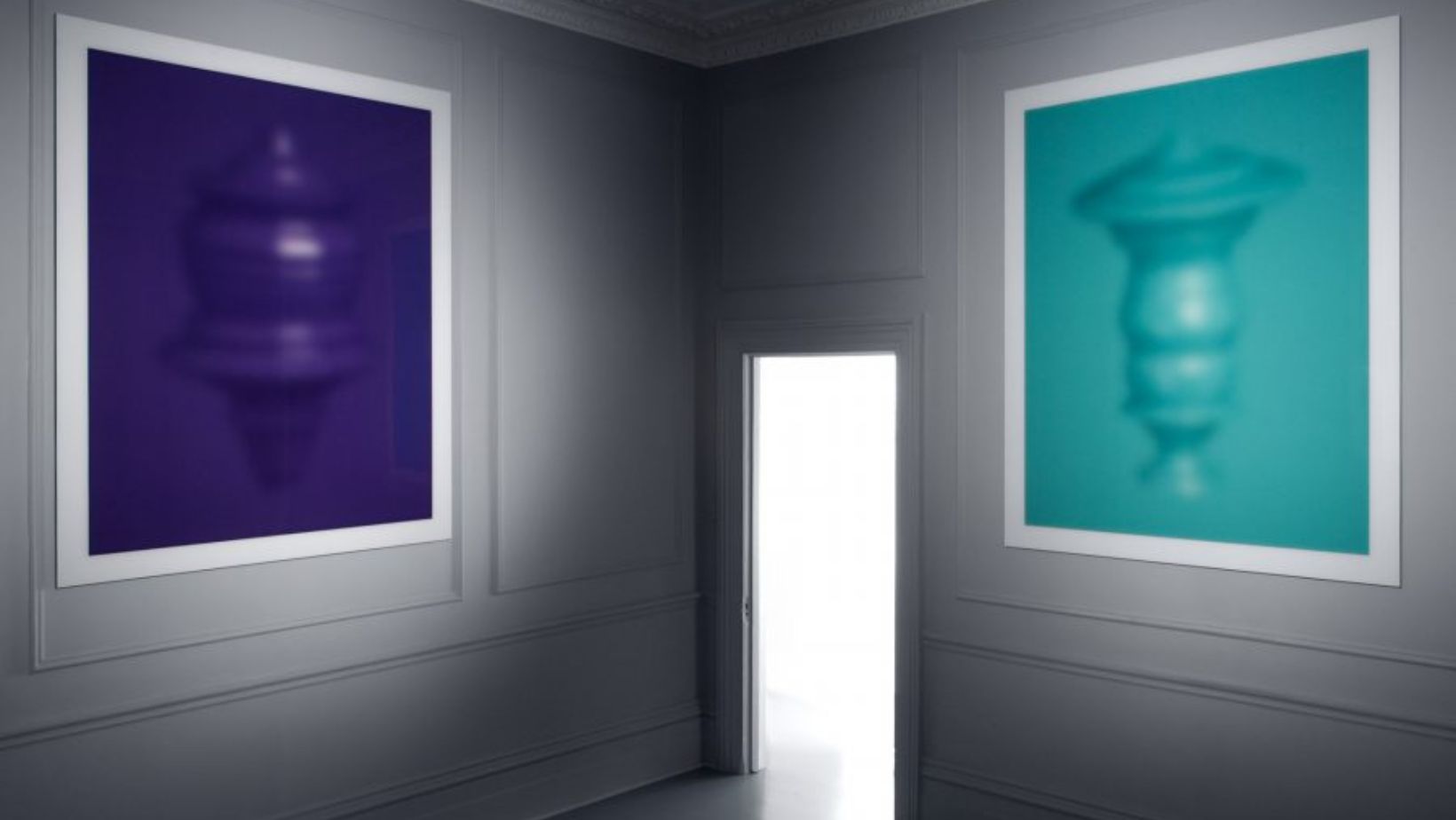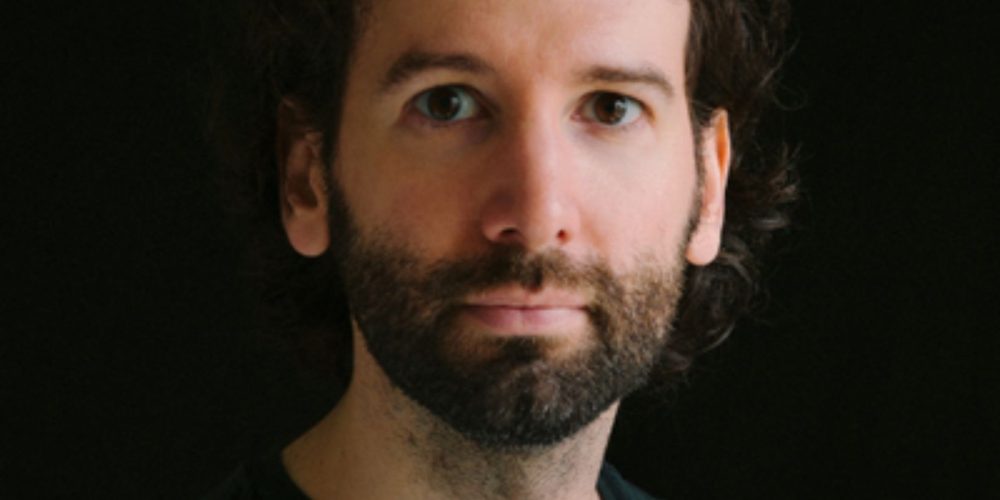The 2017 art project, “He Will Not Divide Us,” was one of those controversial campaigns you see occasionally that was partly artistic and partly political.
Created by Artist Luke Turner in collaboration with others, it was a live-streaming platform where people would say, “He will not divide us” into a camera. The plan was to stream the footage online throughout Donald Trump’s four-year term, serving as a rallying cry for unity and solidarity during social and political division.
According to Turner, it was also a campaign against violence. Interestingly, about a week after it opened, one of Turner’s collaborators in the project, actor Shia LaBeouf, got himself arrested after a run-in with a pro-Trump supporter.
In the following months, the project changed locations due to various protests, eventually moving out of the U.S. to Liverpool, England.
Ultimately, LaBeouf, Turner, and their other collaborator, Nastja Ronkko, stated that the world, especially America, was too violent for the project to continue. To the surprise of a few, the program was shut down just months after it was launched.
The program left many wondering how Turner came to partner with LaBeouf, an actor known to be difficult and unpredictable.
In 2012, LaBeouf was arrested for involvement in a bar fight in Vancouver, Canada. In 2014, he was arrested for drunk and disorderly conduct during a showing of Cabaret at New York’s Studio 54.
In 2015, on the set of the movie “American Honey,” he got into an altercation with a crew member. In 2017, he was arrested in Georgia on charges of public drunkenness, disorderly conduct, and obstruction, according to TMZ Magazine.
So when Luke Turner was conceiving his project, He Will Not Divide Us, one with strong anti-violence overtones, why would he turn to LaBeouf?
Is it hypocrisy on Turner’s part or something even more troubling?
In the complex, money-obsessed world of the entertainment industry, lines are often blurred when it comes to personal behavior, ethics, and artistic expression.
Decision makers in that world can look at a personality like LaBeouf, overlook a negative past, and focus instead on box office appeal. Despite derogatory evidence piled up on a celebrity’s doorstep, will the public still pay a price to watch them perform?
If yes, then much is overlooked. Welcome to Hollywood.

Artistic collaborations within the entertainment business are complex, and individual actions are often viewed within the context of larger projects. So if a celebrity messes up in one situation, his peers and his peers’ bosses can choose to keep him in “the game” as long as something more lucrative is at stake down the road.
That’s why someone like LaBeouf can make so many comebacks. Even in the case of damaging sexual abuse and assault allegations like those filed against him by ex-girlfriend FKA Twigs in 2020 and now slated for trial in 2024, a celebrity with LaBeouf’s box office clout can continue to work in Tinseltown, acquire new projects, live well and prosper.
Even if the celebrity admits guilt to the accusations, as LaBeouf did with the Twigs case on the 2022 podcast The Real Ones with Jon Bernthal, Hollywood has tended to turn its head.
Where but in Hollywood can a career thrive after a confession like the one LaBeouf made that day to Bernthal: “I hurt many other people and many other people before that woman. I was a pleasure-seeking, selfish, self-centered, dishonest, inconsiderate, fearful human being. I hurt that woman.”
Even further, where in Hollywood does someone admit to the world that he physically hurt a woman yet not take steps to settle the legal case? Why is there no justice for victim Twigs to this day, three years after accusations were first made?
Is LaBeouf being authentic with his public confession of guilt, or is he just playing some delaying tactic?

In the meantime, accused abuser LaBeouf continues to pull down key roles in films like Padre Pio (ironically, he plays the title role) and Frances Ford Coppola’s film Megalopolis, to be released in 2024.
No hypocrisy here.






